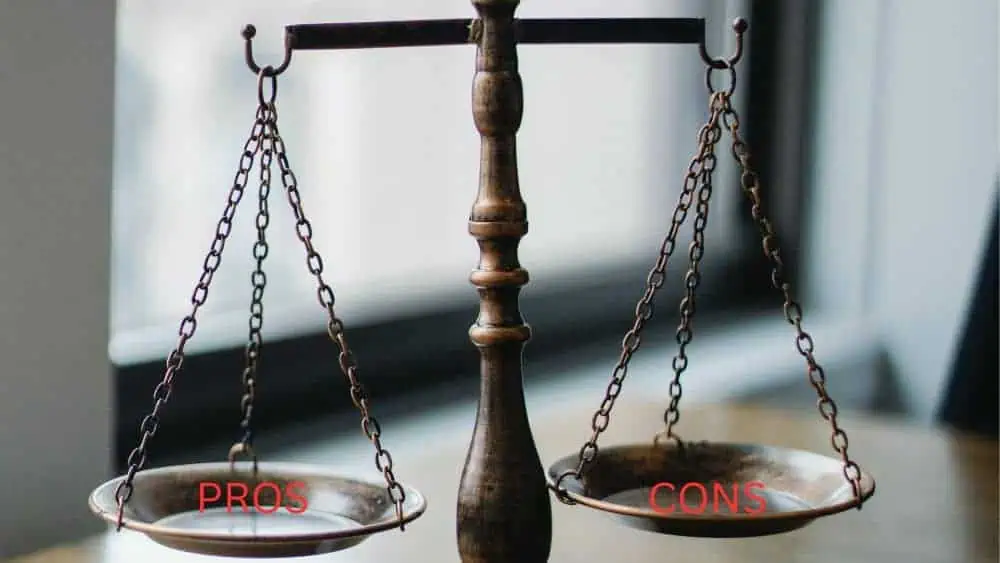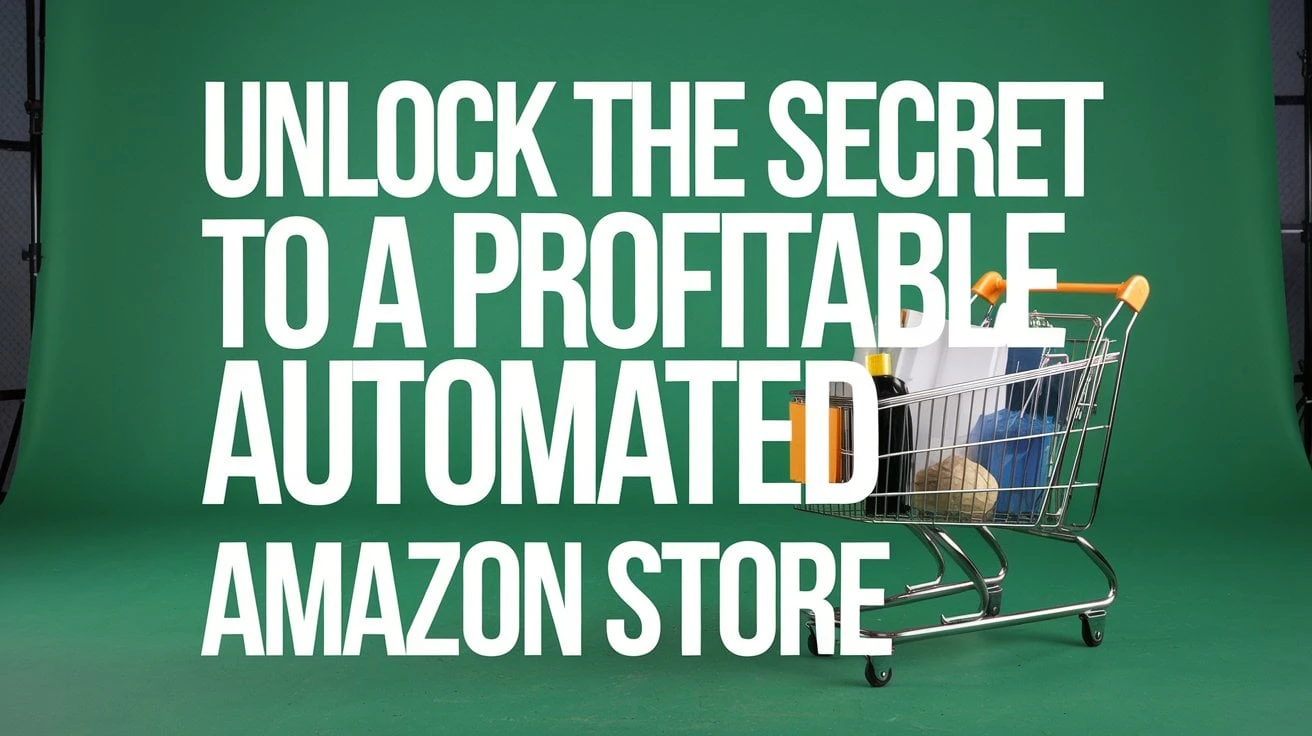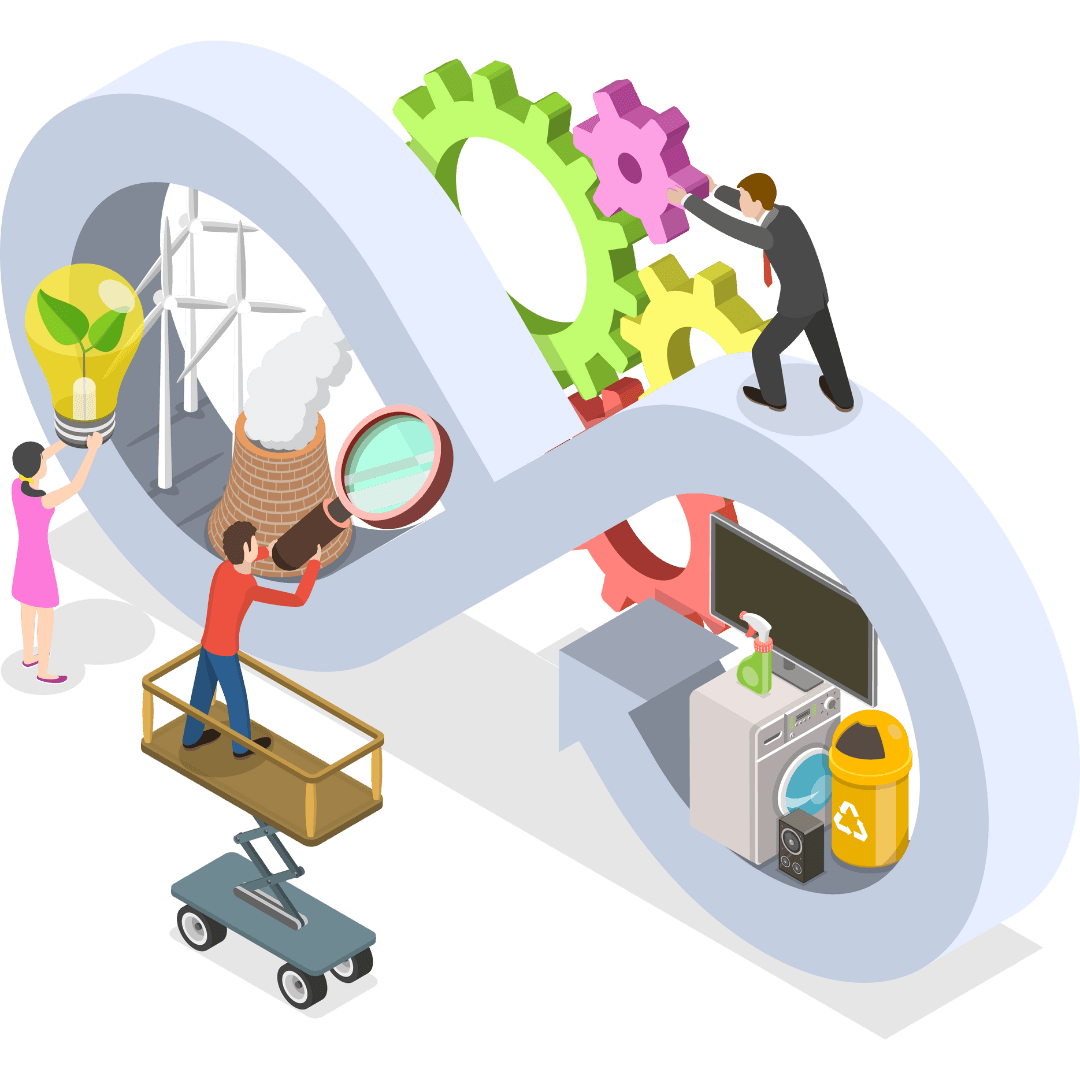Article Summary (TL;DR)
✅ Understand the differences between Fulfillment by Amazon (FBA) and dropshipping business models.
✅ Evaluate which model aligns best with your business goals, resources, and preferences to make an informed decision.
✅ Explore the pros and cons of each model, including factors such as inventory management, fulfillment, and scalability.
Are you struggling to make a decision between Amazon FBA and dropshipping?
The e-commerce world is filled with choices, but fear not!
In this article, we will unveil the dilemma and help you navigate the complexities of choosing the right model for your online business.
You’ll explore FBA and Dropshipping in the e-commerce world. Discover the similarities and differences, weigh the profitability, and ultimately gain mastery over the FBA vs. Dropshipping debate.
FBA stands for Fulfillment by Amazon, where Amazon takes care of storage, packaging, and shipping for sellers.
It’s an Amazon dropshipping model that allows you to start your own Amazon business. As Amazon store owners, you don’t need to look for a dropship supplier as Amazon does it for you.
Despite the slim profit margins in this kind of set up, you won’t have much issues with the fulfillment method as Amazon does everything for you.
On the other hand, Dropshipping is a business model where sellers of online store don’t hold inventory and instead rely on suppliers to directly ship products to customers.
Let’s dive into the details of these two approaches and uncover the pros and cons of each.
Introduction – Amazon FBA vs Dropshipping

Amazon’s FBA program is the real deal.
It’s an Amazon service that helps you store, package, and ship your products to customers anywhere Amazon has access. If you’re in the e-commerce space, FBA is a term you need to know.
FBA, which stands for Fulfillment by Amazon, offers a convenient solution for online sellers. The bar for business entry is quite low as Amazon does all the heavy lifting.
With the Amazon’s FBA program, you send your inventory to Amazon’s fulfillment centers, and they take care of the rest.
They handle customer orders – from storage, packaging, and shipping of your products from Amazon warehouse to your customer’s location as well as handle customer service and returns.
The Amazon’s FBA program allows you to focus on growing your business without the hassle of logistics or the shipping process.
When comparing FBA vs. Dropshipping, FBA offers more control and scalability, as you have access to Amazon’s vast customer base and fast shipping options.
So Amazon FBA sellers have more time to focus on other aspects of the business.
It’s a popular choice for online store owners looking to enhance their brand recognition, reach and efficiency in the e-commerce world.
What is Dropshipping
Are you familiar with Dropshipping, the practice of selling products without having to keep inventory?
If you’re looking to start an ecommerce business, Dropshipping could be the perfect option for you.
With dropshipping, you don’t need to purchase stock upfront and have to worry about order fulfillment, stocking products or managing inventory.
Instead, you partner with suppliers who handle the storage, packaging, and shipping of products directly to your customers. This allows you to focus on marketing, customer service, and growing your business by selling online.
Dropshipping has become increasingly popular in the ecommerce industry due to its low startup costs and flexibility.
It also allows you to test different products and niches without the risk of investing in inventory upfront. So if you start selling online using minimal capital, then this is the best option.
Similarities and Differences of FBA and Dropshipping

You’ll find that the similarities and differences between FBA and Dropshipping can greatly impact your e-commerce business and strategy.
Both FBA (Fulfillment by Amazon) and Dropshipping are popular methods for selling products online, but they operate in different ways.
With FBA, you store your products in Amazon’s warehouse or fulfillment centers, and they handle the packaging, shipping, and customer service.
You’ll be using Amazon’s platform to manage the inventories.
On the other hand, Dropshipping involves partnering with a supplier who directly ships the products to your customers. The dropshipping supplier may or may not have a similar platform to Amazon.
One key similarity is that both methods allow you to sell products without the hassle of storing inventory.
However, FBA offers the advantage of utilizing Amazon’s vast customer base as the business is in Amazon marketplace and Prime shipping benefits, while dropshipping provides more flexibility and control over your product selection external packaging, and pricing.
Understanding the similarities and differences of FBA and Dropshipping is crucial in determining the most suitable e-commerce strategy for your business.
FBA or Dropshipping: What is the Right Model for the Business

You can determine the right model for your own business, by carefully using other business models and evaluating the pros and cons of FBA and dropshipping.
Both Amazon’s FBA and dropshipping business models have their own significant advantages and disadvantages.
With Amazon FBA, you can benefit from their extensive and loyal customer base, reliable shipping and fulfillment services, and access to Amazon Prime members.
However, the high fees, strict regulations, and high competition, can be challenging.
On the other hand, dropshipping allows you to have a low upfront investment, flexible inventory management, and the ability to offer a wide range of products.
However, you’ll have less control over the shipping process, potential issues with product quality and quality control, and the need to find reliable suppliers.
Ultimately, the right model for your business depends on your goals, resources, and risk tolerance.
The Pros and Cons of FBA and Dropshipping

FBA (Fulfillment by Amazon) and dropshipping are two popular business models for selling products on Amazon. Here are some key differences between the two:
FBA Business Model
Pros:
- You own the inventory and use Amazon’s fulfillment network to handle orders
- Amazon handles customer service and returns for you
- Reliable and trustworthy brand
- Lots of organic traffic
Cons:
- High upfront costs
- Less control over the quality of your products
- Riskier than dropshipping
Dropshipping Business Model
Pros:
- Low upfront costs
- No need to store products, which eliminates maintenance costs
- Partner with multiple suppliers to scale more effectively based on customer demand
- Use Dropshipping for multi-channel selling
- Allows us to make significant profits without too high a risk
Cons:
- Slow delivery times
- Less control over the quality of your products
- No control over inventory
In summary, FBA is a good option if you have the capital to invest upfront or high initial investment and want to have more control over the quality of your products. Dropshipping is a popular business model for ecommerce sellers who are just starting. It’s a good option if you want to start a business with low upfront costs and are willing to take on more risk. Ultimately, the decision between FBA and Dropshipping depends on your business goals and personal preferences.
Which is more profitable? Dropshipping or FBA?

When comparing FBA vs dropshipping , it’s crucial to consider which option offers a higher profitability potential. If you desire mastery in the e-commerce world, understanding the profit margins of each model is essential.
Dropshipping allows you to sell products without holding inventory, which results in lower upfront costs. However, this convenience comes at the expense of lower profit margins.
On the other hand, FBA, or Fulfillment by Amazon, offers higher profit margins due to its ability to leverage Amazon’s vast customer base and efficient fulfillment network for customer orders.
With FBA, you have the advantage of using Amazon’s Prime shipping, which attracts more customers and increases sales.
Ultimately, the profitability potential of Dropshipping or FBA depends on various factors, including product selection, market demand, and marketing strategies.
Should You Choose Dropshipping or FBA?

To make an informed decision between the Dropshipping model and FBA, consider evaluating the profitability potential of each model as the conclusion of this discussion.
Both dropshipping and Fulfilled by Amazon (FBA) have their own advantages and disadvantages when it comes to profitability.
In the end, the profitability of each model depends on various factors such as product costs, the shipping costs and fees, and customer demand.
When it comes to dropshipping, the main advantage is that you don’t need to hold inventory or invest in upfront costs.
However, lesser investment means dropshipping profit margins tend to be lower due to increased competition and the need to rely on suppliers for timely delivery.
On the other hand, FBA allows you to leverage Amazon’s vast customer base and efficient shipping infrastructure.
This can result in higher profit margins, and generate higher profits, especially if you’re able to source products at a competitive price.
Final Words
Ultimately, the choice between FBA and Dropshipping depends on the specific needs and goals of the business. Both models have their similarities and differences, offering unique advantages and disadvantages.
While FBA may provide convenience, cheaper price, and scalability, dropshipping offers lower upfront costs and flexibility.
In terms of profitability, it varies depending on various factors such as product selection and marketing strategies.
Therefore, careful consideration and understanding of the business’s requirements and customer concerns are crucial in determining the right e-commerce model.
Comments
Related Posts

10 Profitable Product Categories for Amazon Affiliates 2025
What you’ll learn Amazon is a favorite for experienced and…

Unlock the Secret to a Profitable Automated Amazon Store: How to Build a Hands-Free Income Stream
Ever dreamed of running a profitable Amazon business while sipping…

Master Amazon New Restricted Keywords: A Seller’s Guide to Success
Changes to Amazon’s restricted keywords list have taken a lot…







Leave a Reply